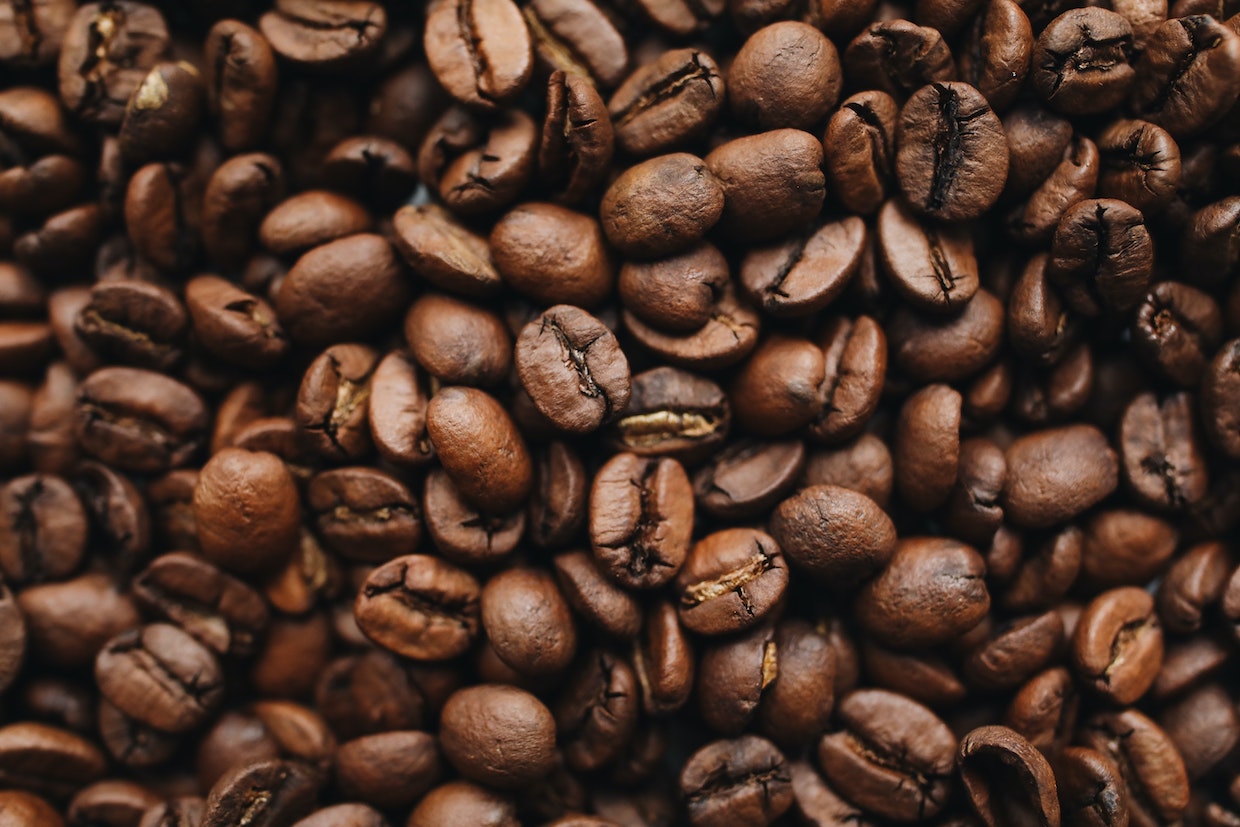Following first-of-its-kind biochemical research, a team of scientists in Germany says “it’s plausible” coffee consumption can prevent COVID infection in humans.
At Jacobs University in Bremen, Germany, the team of researchers explored how the chemical compound 5-caffeoylquinic acid, commonly known as chlorogenic acid, might interact with the coronavirus.
Specifically, the team found that chlorogenic acid significantly inhibits the interaction between the SARS CoV-2 spike protein of the coronavirus and the ACE-2 receptor, the docking site for the virus on the human cell.
In laboratory testing, the team determined that a cup of regular filter coffee contains approximately 100 milligrams of chlorogenic acid, a concentration that was found to be “high enough to prevent the docking of the spike protein to the ACE-2 receptor — and therefore also inhibit the infection process.”
“As chemists, we cannot answer the practical question of whether drinking coffee could really serve as a preventive measure to protect against infection,” Jacobs University Professor Nikolai Kuhnert said in an announcement of the research. “But we can say it is plausible.”
The group recommends epidemiological studies as a logical next step in determining the association between coffee drinking and COVID infection.
“Epidemiological studies could determine whether regular coffee drinkers become more often infected with corona or not,” says Nikolai Kuhnert.
The group added, “context and implications for long COVID could also be brought into view here.”
The full study was published in the journal Food & Function.
Does your coffee business have news to share? Let DCN’s editors know here.








Comment